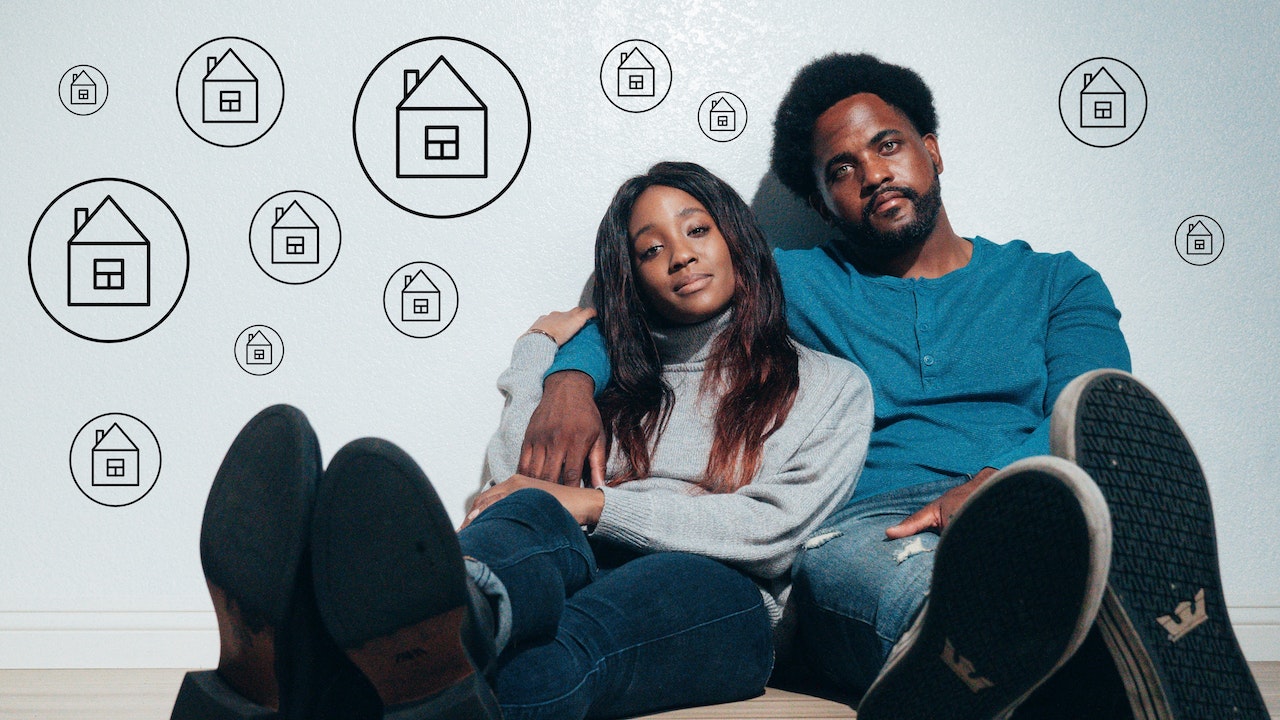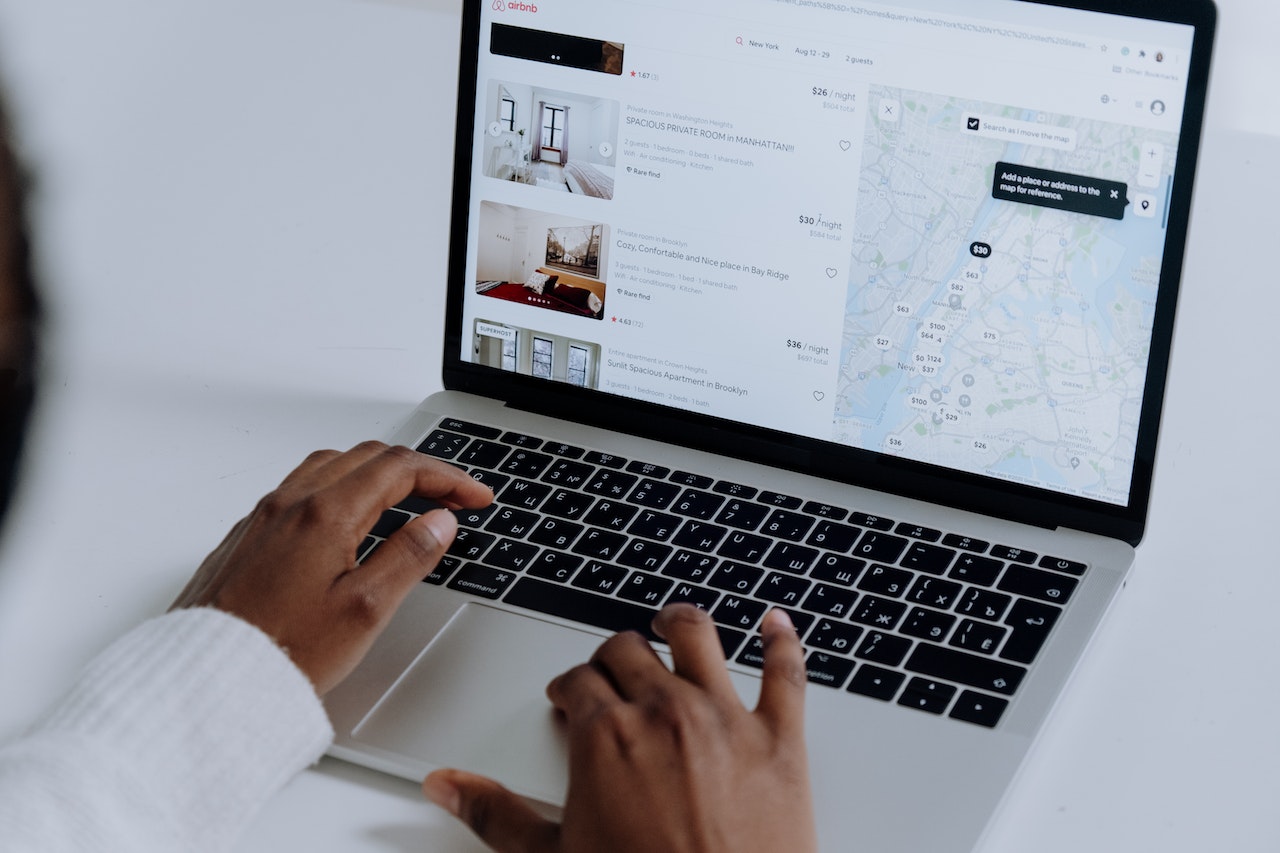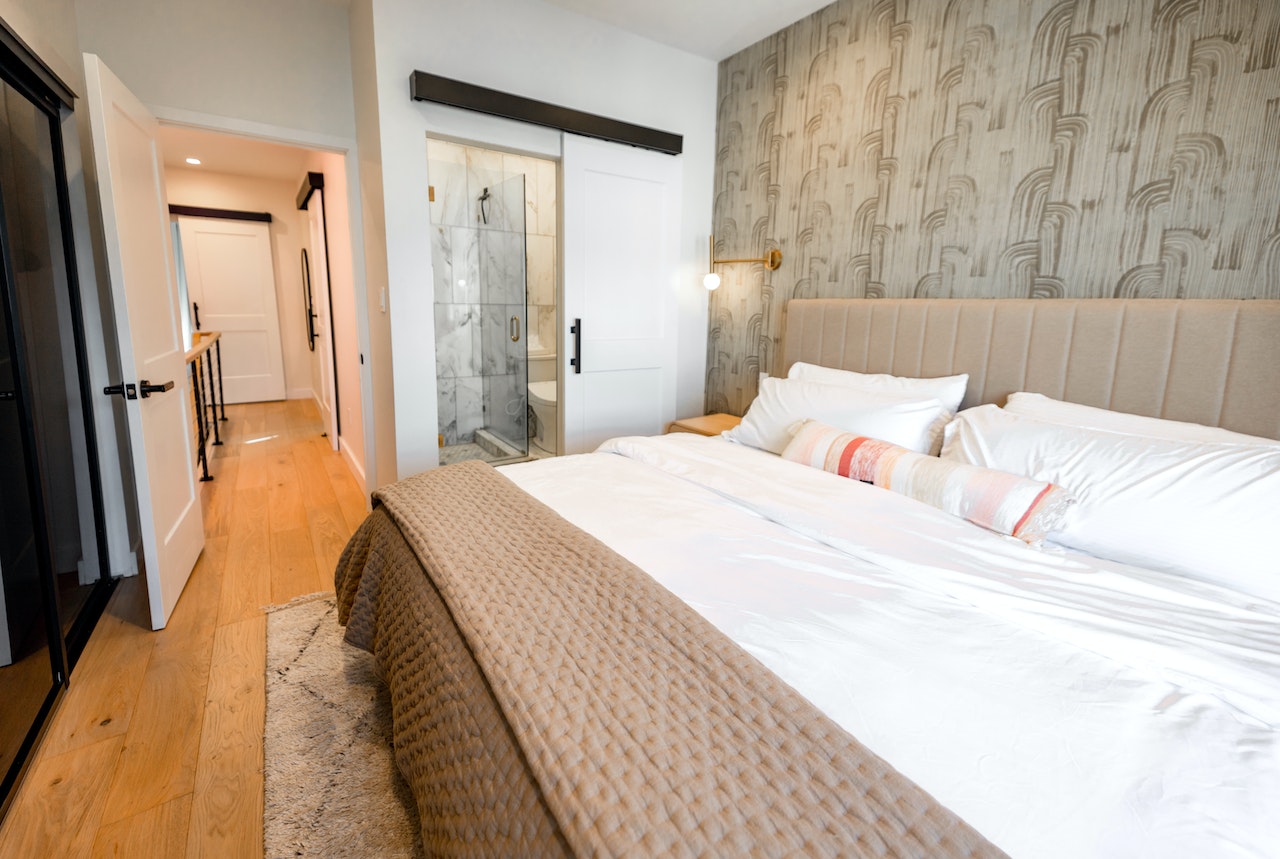Here’s the situation: it’s the peak of the tourist season, and your Airbnb property is booked back-to-back. You take pride in offering a home-away-from-home experience, but suddenly, a plumbing issue arises in the bathroom, or the air conditioning breaks down. These unexpected incidents not only cost money but also disrupt the guest experience, leading to negative reviews. As a property manager or a short-term rental host, you understand that Airbnb maintenance is not just about keeping it looking good.
It’s about ensuring everything works seamlessly so that guests enjoy their stay. Maintenance, both preventive and reactive, is a challenging but vital aspect of hosting. Here’s a detailed guide to help you navigate the complexities of Airbnb maintenance.
Understanding the Importance of Maintenance

Enhancing Guest Experience
Guests expect a fully functioning, clean, and well-maintained property. Regular maintenance ensures that every aspect of the property is in perfect working order. Any malfunctioning appliance or amenity can quickly turn a five-star review into a three-star complaint.
Increasing Property Value
Regular upkeep and improvement can increase the property’s value. This not only attracts better-paying guests but also makes the property more lucrative if you ever decide to sell.
Preventing Future Problems
Proactive maintenance is a great way to detect and rectify issues before they become major problems. It saves both time and money in the long run.
Comprehensive maintenance guides can help prevent vacation rental horror stories.
Developing a Maintenance Plan
Regular Inspections
Conduct a thorough inspection between bookings. Look for potential problems in plumbing, electrical systems, appliances, and furnishings.
Seasonal Check-ups
Prepare for the changing seasons with appropriate maintenance. For example, servicing the heating system before winter and the cooling system before summer.
Emergency Protocols
Have a clear plan in place for emergencies like water leaks or power failures. Know who to call and what to do to minimize damage and inconvenience to guests.
Working with Professionals
Hiring the Right People
From plumbers to electricians, hiring professionals ensures that the job is done right the first time. Look for experienced technicians with positive reviews.
Building Relationships
Establishing strong relationships with contractors ensures quick responses during emergencies and may also lead to discounts on regular maintenance work.
Using Maintenance Management Software
Investing in maintenance management software can streamline communication with contractors, keep track of schedules, and maintain detailed records of all work done.
Communicating with Guests
Informing Guests about Maintenance
If scheduled maintenance is to occur during a guest’s stay, it is crucial to inform them in advance. Provide clear instructions if they need to do anything, like moving their car for driveway repairs.
Handling Complaints Gracefully
If a guest encounters a problem, handle it professionally and promptly. Offer compensation if needed and assure them that their comfort is your priority.
Airbnb Maintenance Cost
Budgeting
Create a realistic budget for both routine and unexpected maintenance. Allocating funds ahead of time eases financial stress when something breaks down.
Shopping Smartly
Invest in quality appliances and fixtures that come with good warranties. Sometimes, spending a bit more initially can save a lot in the long run.
Airbnb maintenance issues can be connected to dealing with unauthorized tenants effectively.
Airbnb Maintenance Checklist
Every successful property manager and host should have a maintenance checklist to ensure that their property is always ready for guests. This checklist serves as a quick reference guide to help you stay on top of the regular upkeep of your Airbnb property.

General Interior Maintenance:
- Check and replace any burnt-out light bulbs.
- Inspect and clean windows, doors, and locks.
- Verify that all appliances are in working order.
- Examine furniture and upholstery for wear and tear.
Bathroom Maintenance:
- Inspect plumbing for leaks.
- Check and replenish toiletries.
- Clean and sanitize all surfaces.
Kitchen Maintenance:
- Verify that all utensils and cookware are clean.
- Check for functioning kitchen appliances, such as the microwave, oven, and refrigerator.
- Inspect cupboards and pantry for any expired items.
Bedroom Maintenance:
- Ensure bedding is fresh and free of stains.
- Check for any signs of pests or damage to the furniture.
Outdoor Maintenance:
- Inspect and clean outdoor furniture.
- Mow the lawn or tidy up the garden area.
- Check for any necessary repairs in the driveway or walkway.
Seasonal Maintenance:
- Service air conditioning before summer.
- Inspect heating systems before winter.
- Clean gutters in preparation for rainy seasons.
Emergency Preparedness:
- Verify that smoke detectors and fire extinguishers are functional.
- Ensure that emergency contact numbers are available and clearly displayed.
- Keep a first-aid kit stocked and easily accessible.
Guest Comfort:
- Stock extra towels, linens, and pillows.
- Provide a guidebook or instructions for appliances and local recommendations.
- Prepare a welcome kit with essentials like coffee, tea, or snacks.
This maintenance checklist can be your go-to guide for ensuring that every guest experiences a trouble-free stay. Regularly going through this checklist will help you identify issues before they become major problems, saving you both time and money, while also contributing to positive guest reviews.
Feel free to customize it according to your property’s unique needs and features. By diligently following this checklist, you demonstrate professionalism and attention to detail, cornerstones in building a successful Airbnb hosting business.
Airbnb Maintenance Software: Technology and Automation
In today’s fast-paced and technology-driven world, Airbnb maintenance software has become an invaluable tool for property managers and hosts. By integrating technology into your maintenance plan, you can automate tasks and streamline processes that previously required manual oversight.
Airbnb maintenance software can automatically schedule regular inspections, send reminders for seasonal maintenance, and even coordinate with contractors. It offers an organized platform where you can keep track of all your maintenance activities, including a record of past repairs, invoices, and warranty information. The ability to access all this information in one place saves time and reduces the risk of overlooking important maintenance tasks.
Moreover, some advanced software even integrates with smart home devices, allowing remote monitoring of property conditions. You can receive real-time updates on things like temperature control, security, and appliance performance. These integrations further enhance guest comfort and security, allowing for immediate response to any issues.
Conclusion
Maintenance for Airbnb properties goes beyond keeping things neat and tidy. It’s about creating a reliable, comfortable, and enjoyable space for your guests. A well-maintained property not only helps to maintain a high rating but also makes financial sense.
By adopting a strategic approach to maintenance, including regular inspections, professional assistance, clear communication, and budgeting, you can elevate the guest experience. Remember, happy guests lead to positive reviews, and those are the building blocks of a successful Airbnb business.

































